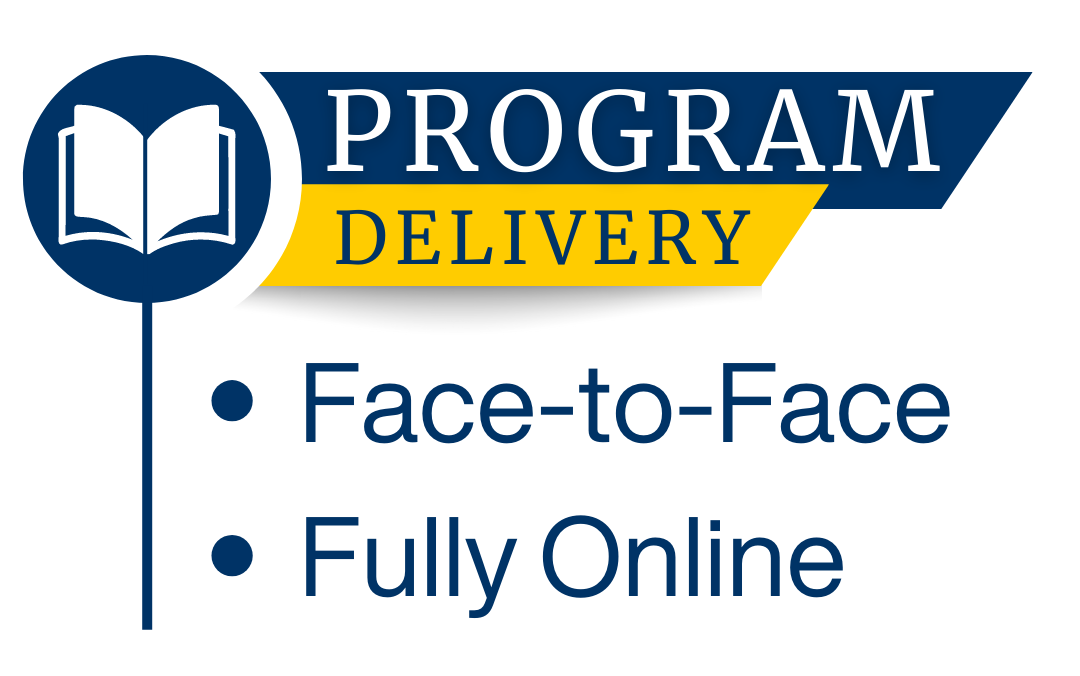
The purpose of the Criminology major is to produce students who can use their knowledge for successful careers related to law, law enforcement (corrections, policing, etc.), criminology, government service, homeland security, or social service agencies with prevention programs for at-risk youth or working with populations having criminal behaviors.
The major seeks to create critical thinkers who can analyze the subject of security from multiple perspectives and within local, state, national, and international contexts-all increasingly blurred in today's globalized world.
Offered On Campus, Online and at UCG
The B.S. in Criminology is offered through traditional face-to-face and online environments on Lander's main campus in Greenwood and through a blended/hybrid environment at the University Center of Greenville.
At Lander's main campus and online, students can pursue this degree within a four-year timeframe. If students have 60 hours of coursework or an associate's degree, the timeframe could be two years or less if a full load of courses is taken in fall, spring, and summer terms.
Lander's main campus offers options for courses that are face-to-face, hybrid, and online. Courses at the UCG are in a hybrid mode, but a full course load of 12-15 hours would likely involve some online courses for progress toward completing the degree. UCG students also have the option of taking courses on Lander's main campus.
While the entire program is offered online, an advantage of pursuing this program on the main campus is the closer relationships and mentorship by faculty as well as opportunities for undergraduate research. Students in any degree mode are encouraged to pursue internships and experiential learning.
Goals and Objectives:
Criminology majors will:
Transfer Pathway Guides
Lander University has developed articulation agreements with the South Carolina State Technical College system to improve students’ transition from a technical college to Lander University.
Below is the Suggested Course Sequence to help students progress smoothly through the technical college of their choice and Lander University to earn both an Associate Degree and a Bachelor of Science in Criminology (LU). All courses listed are required for the degrees, except those where a range of courses is available to choose from, or where courses are listed as electives. The course sequence shown is an example and may be modified in some cases. Students should work closely with their advisor to ensure the chosen courses keep them on track for a timely graduation.
Note: The information below provides convenient links to some of the courses required for this degree; however, it should not be used as a course registration guide. Please refer to the official Lander University Academic Catalog for the most accurate and up-to-date program requirements.
| GENERAL EDUCATION REQUIREMENTS1 | CREDIT HOURS |
||
|---|---|---|---|
| A. Core Skills |
|
||
| ENGL 101 | Writing and Inquiry I | 3 | |
| ENGL 102 | Writing and Inquiry II | 3 | |
| MATH 211 |
Statistical Methods I |
3 | |
|
B. Humanities and Fine Arts |
6 | ||
| C. Behavioral and Social Perspectives | |||
| SOCI 101 | Introduction to Sociology | 3 | |
| Behavioral and Social Perspectives elective | 3 | ||
| D. Scientific and Mathematical Reasoning | |||
| Approved Science or Mathematics | 3 | ||
| Approved Lab Science | 4 | ||
| E. Founding Documents of the United States | |||
| POLS 101R2 |
American National Government |
3 | |
| F. World Cultures | 3 | ||
| G. LINK 101 | 1 | ||
| Total General Education Requirements | 35 | ||
1 For approved courses see the General Education section
2 If you already have credit for HIST 111, do not take HIST 111R; if you already have credit for HIST 112, do not take HIST 112R; if you already have credit for POLS 101, do not take POLS 101R
| MAJOR PROGRAM CORE REQUIREMENTS | CREDIT HOURS |
|
|---|---|---|
| CRIM 101 | Introduction to Criminology and Criminal Justice | 3 |
| CRIM 301 | Introduction to Research Methods | 3 |
| CRIM 399 | Criminological Theory | 3 |
| CRIM 499 | Capstone Experience | 3 |
| HUS 300 | Program Evaluation in Human Services OR SOCI 398 Methods of Social Research |
3 |
| MAJOR PROGRAM ADDITIONAL REQUIREMENTS | CREDIT HOURS |
|---|---|
| Category #1 (select 2) CRIM 210, CRIM 214, CRIM 221, CRIM 235, CRIM 250, CRIM 271 or any CRIM 200-level or above, POLS 217 |
6 |
Category #2 (select 1) LEG 308 or POLS 308, LEG 311 or POLS 311, LEG 312 or POLS 312, LEG 313 or POLS 313, POLS 318, POLS 325, POLS 386, POLS 391, POLS 445 |
3 |
Category #3 (select 1) SOCI 317, SOCI 328, SOCI 499 |
3 |
Category #4 Choose 3 hours from any CRIM 200-level or above Choose 6 hours from any CRIM 300-level or above |
9 |
| Total Major Program Requirements | 36 |
| Additional Electives | 49 |
| TOTAL FOR BS DEGREE | 120 |